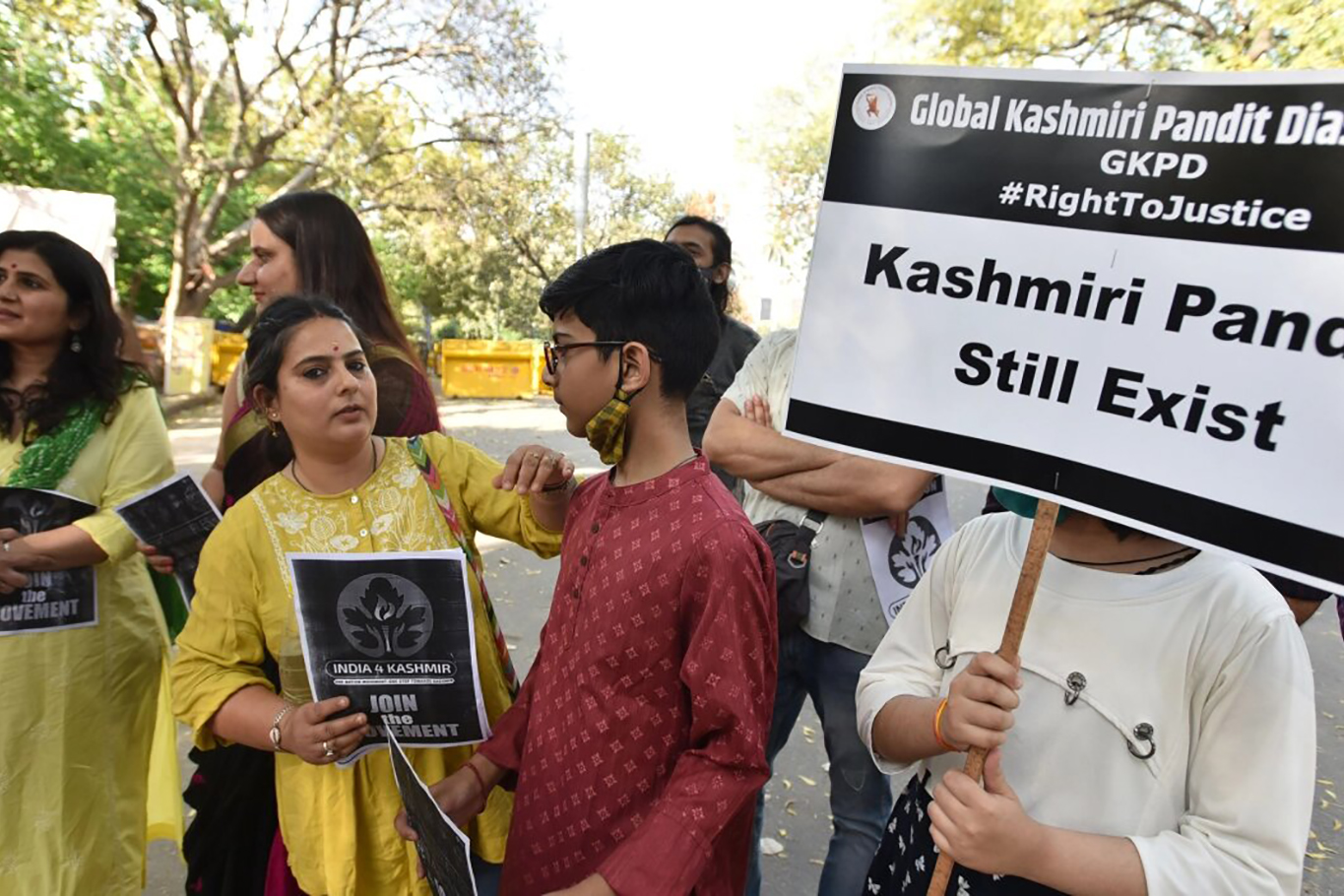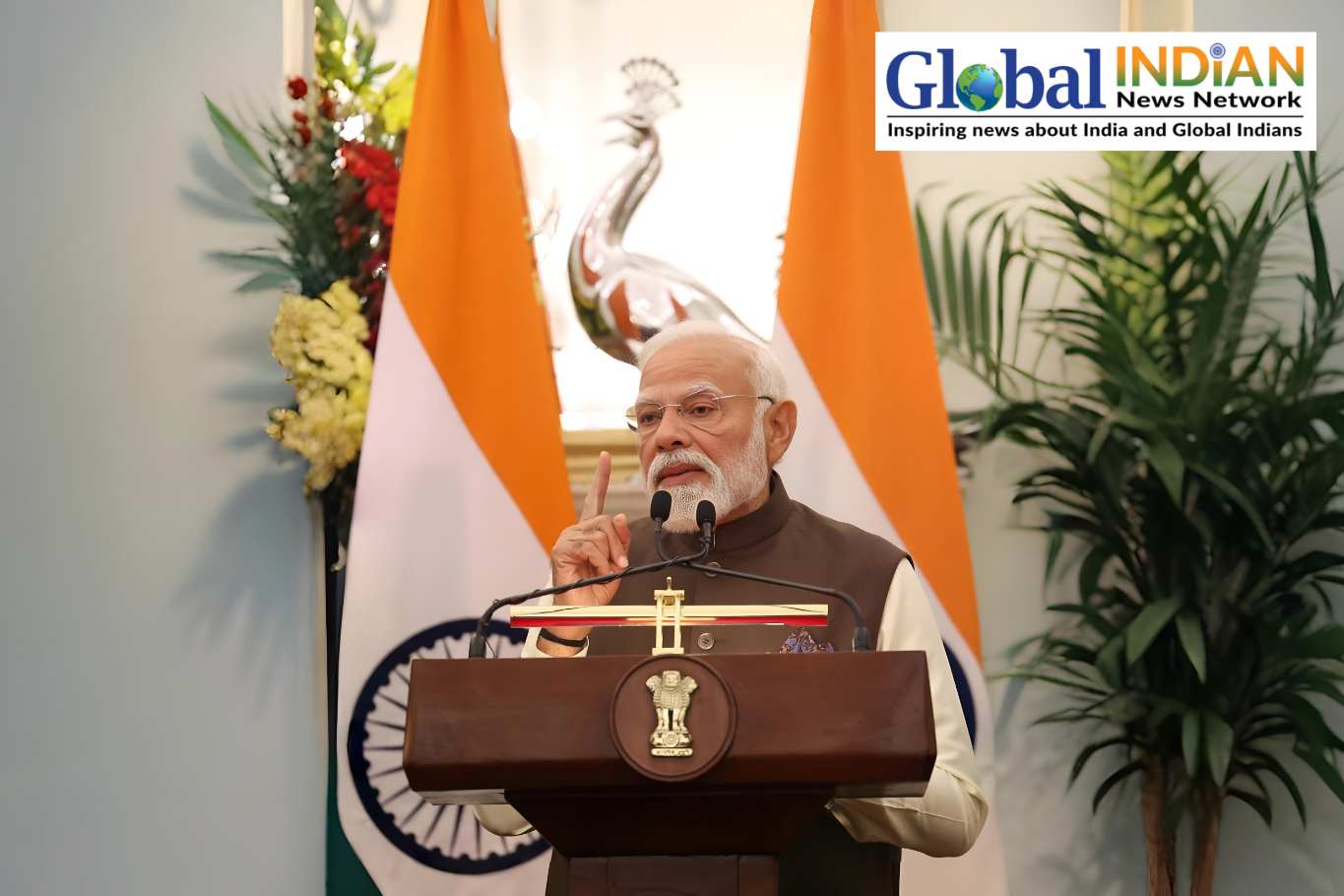 The pursuit of justice in the tragic history of the Kashmiri Pandit genocide and their subsequent forced migration seems to have taken a positive turn, as the Jammu and Kashmir Police reopen investigations into prominent figures’ killings in the region after more than thirty years. This development offers hope to the community, despite the Supreme Court’s previous refusal in 2017 to reopen 215 cases related to the brutal killing of around 700 Kashmiri Pandits during the period of displacement.
The pursuit of justice in the tragic history of the Kashmiri Pandit genocide and their subsequent forced migration seems to have taken a positive turn, as the Jammu and Kashmir Police reopen investigations into prominent figures’ killings in the region after more than thirty years. This development offers hope to the community, despite the Supreme Court’s previous refusal in 2017 to reopen 215 cases related to the brutal killing of around 700 Kashmiri Pandits during the period of displacement.
The Supreme Court’s earlier stance, grounded in the challenge of gathering substantial evidence decades later, seemed to close the door to re-investigations and trials. However, as time has passed, circumstances have evolved, weakening the previous argument and renewing the determination for justice.
Recently, the Jammu and Kashmir Police’s State Investigation Agency (SIA) asked the public for assistance in collecting evidence regarding the 1989 terrorist killing of retired Kashmiri Pandit judge Neelkanth Ganjoo. This renewed emphasis on justice reflects a broader effort to uncover potential criminal conspiracies behind a series of targeted killings. The Neelkanth Ganjoo case symbolizes the suffering endured by countless Kashmiri Pandits during that turbulent era. The J&K High Court’s reopening of the Nadimarg massacre case, where 24 Kashmiri Pandits were brutally killed by LeT terrorists, highlights the necessity for a comprehensive reevaluation of these heinous crimes.
The current initiative of the Central government to introduce a Bill during the monsoon session of parliament, aiming to reserve assembly seats in Jammu and Kashmir for migrant Kashmiri Pandits and displaced individuals from Pakistan-occupied Kashmir (PoK), signals a proactive approach to address historical injustices.
Nevertheless, these initial steps toward justice are tempered by the understanding that the wounds of the past cannot be swiftly healed. The Kashmiri Pandit community’s collective trauma and suffering continue to cast a long shadow. The victims’ families seek closure and justice, and the renewed efforts to revisit cases offer a glimmer of hope that accountability will eventually be established for the unspeakable atrocities committed against them.









